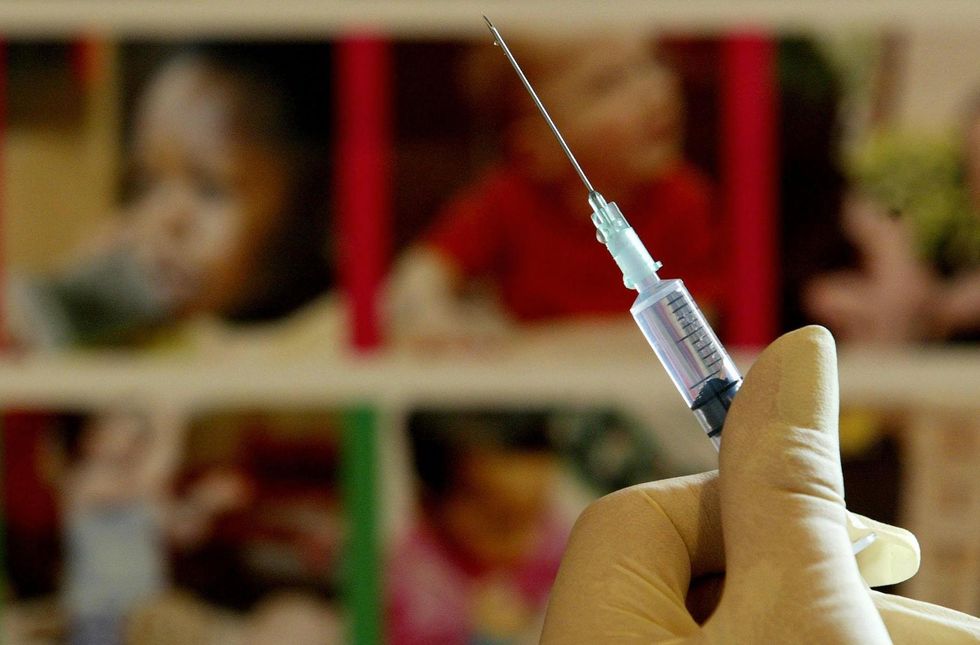A rising number of UK parents are 'worried' about vaccines and this is unlikely to change anytime soon

Rising number of parents worried about vaccines in the UK as measles makes a comeback
|Getty Images

Online information and social media are to blame, a new survey suggests
Don't Miss
Most Read
A growing number of parents are concerned about childhood vaccination, a new national survey has found.
The uptick is caused by information disseminated online, predominantly through social media.
It comes as the vaccine-preventable measles makes a UK comeback, with cases rising across England.
Health chiefs are urging those with concerns to speak to their GPs, health visitors or midwives to ensure they have the correct information about jabs and the diseases they protect against.

The surge in vaccine worries comes as measles, which is easily preventable with the MMR vaccine, makes a comeback
| PAThe annual poll, conducted by the UK Health Security Agency (UKHSA), included about 1,000 people with babies aged between two months and three years, four months, and 1,000 people with children aged between three years, four months, and five.
The majority of those who responded in 2023 agreed that vaccines work (89 percent), while 84 percent agreed that they are safe and 82 percent agreed that they are trusted.
However, there was a surge in people saying they had come across information that included something that made them concerned, with the primary sources being the internet and social media.
Some 20 percent of people were left worried about vaccinations after seeing this content in 2023, up from six percent in 2022.
Despite this, the majority of parents said the NHS (85 percent) and healthcare professionals (86 percent) were their most trusted sources of information on jabs.
Doctor Mary Ramsay, head of immunisation at UKHSA, said: “It’s completely natural for parents to have questions on vaccines and our survey shows just how important healthcare professionals are in ensuring parents get to know the facts around vaccination and the devastating diseases they protect against.”
The message does not appear to be cutting through: no vaccines met the 95 percent uptake target in 2022/23, NHS figures show.
They also showed that the proportion of children who had received their first MMR jab by the age of five decreased to 92.5 percent – the lowest level since 2010/11.
The MMR jab protects against 13 diseases, including measles, polio, diphtheria, mumps, whooping cough, rubella and meningococcal infections, which can lead to meningitis.
LATEST DEVELOPMENTS

Adequately policing the information spread on social media is a colossal, if not impossible undertaking
|Getty Images
Editor's take
The new survey points to a worrying trend but I don't see it reversing anytime soon.
The UK Government's Online Safety Bill attempts to steer eyeballs away from harmful misinformation and illegal content but the genie is very much out of the bottle. The internet is simply too big to control and the same can be said for social media platforms.
Take Meta, formerly known as Facebook. The social media company boasts roughly three billion users or roughly half the planet.
Adequately policing the information spread on this platform is a colossal, if not impossible undertaking.
And we know that social media platforms have an incentive to put their users on an algorithmic diet of extreme or negative content.
That's because polarising content is more engaging, and engagement brings in advertising revenue. And so the vicious cycle continues.










